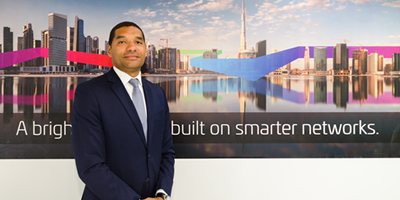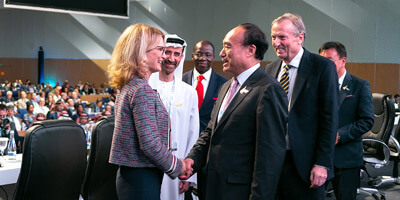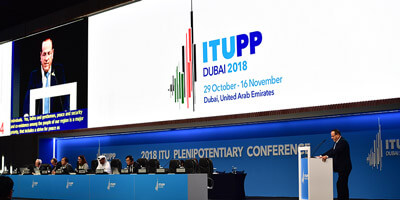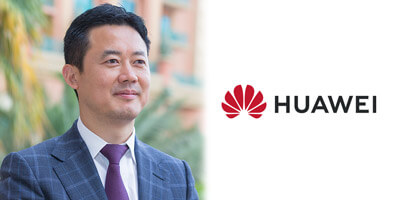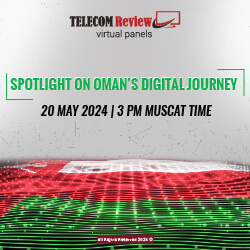By Femi Oshiga, vice president of Service Providers in the Middle East and Africa, CommScope
My colleagues and I recently returned from one of the region’s largest technology events attended by more than 100,000 guests from 100-plus countries. They had the chance to see Sir Tim Berners Lee, the British engineer and scientist who is best known as the inventor of the world wide web, announce a new start up meant to decentralize the internet and restore power to the people in regard to their personal data. I personally find it energizing to know the world’s greatest living genius continues to turn the wheels of innovation 28 years after launching the modern internet.



